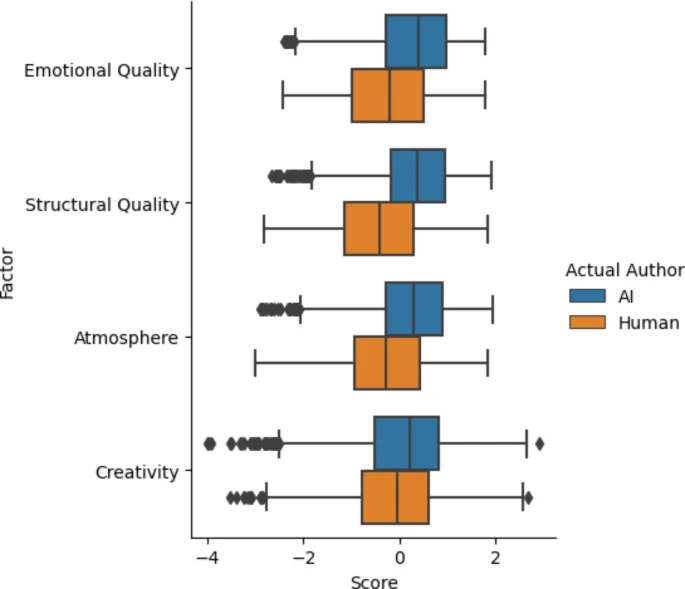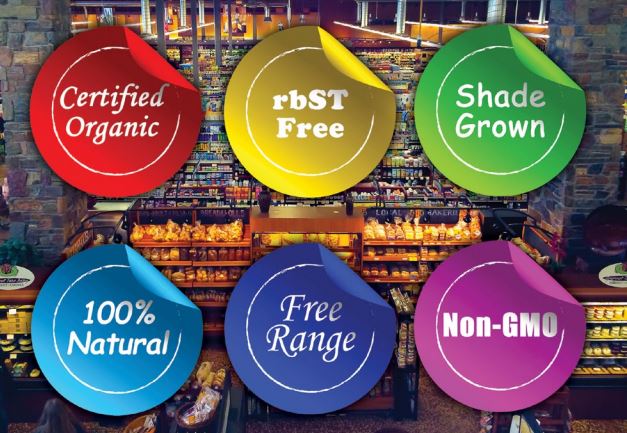 Rutgers Study - Forcing DEI Programs On People Increases Hostility
Rutgers Study - Forcing DEI Programs On People Increases HostilityIf you have done nothing wrong, do you want to be treated like a criminal? That was always the...
 Minnesota Trial Lawyers Want To Ban Neonics - Here Is Why That Is A Mistake
Minnesota Trial Lawyers Want To Ban Neonics - Here Is Why That Is A MistakeMinnesota is having a challenging year, so challenging they are approaching California as the wackiest...
 The Toxic Masculinity Of Disney Movies
The Toxic Masculinity Of Disney MoviesOnce upon a time, stories were just stories. They were fantasies that took people to a new world...
 AI And The Poetry Problem
AI And The Poetry ProblemArtificial Intelligence is artificial, but it is not intelligence. That could change some day but...









 It's the time of the year when there are jokes about politically correct people demanding equal time for a Festivus pole on the steps of City Hall and pundits on the other side are scourging culture for the fact that we have any religious events at all.
It's the time of the year when there are jokes about politically correct people demanding equal time for a Festivus pole on the steps of City Hall and pundits on the other side are scourging culture for the fact that we have any religious events at all.